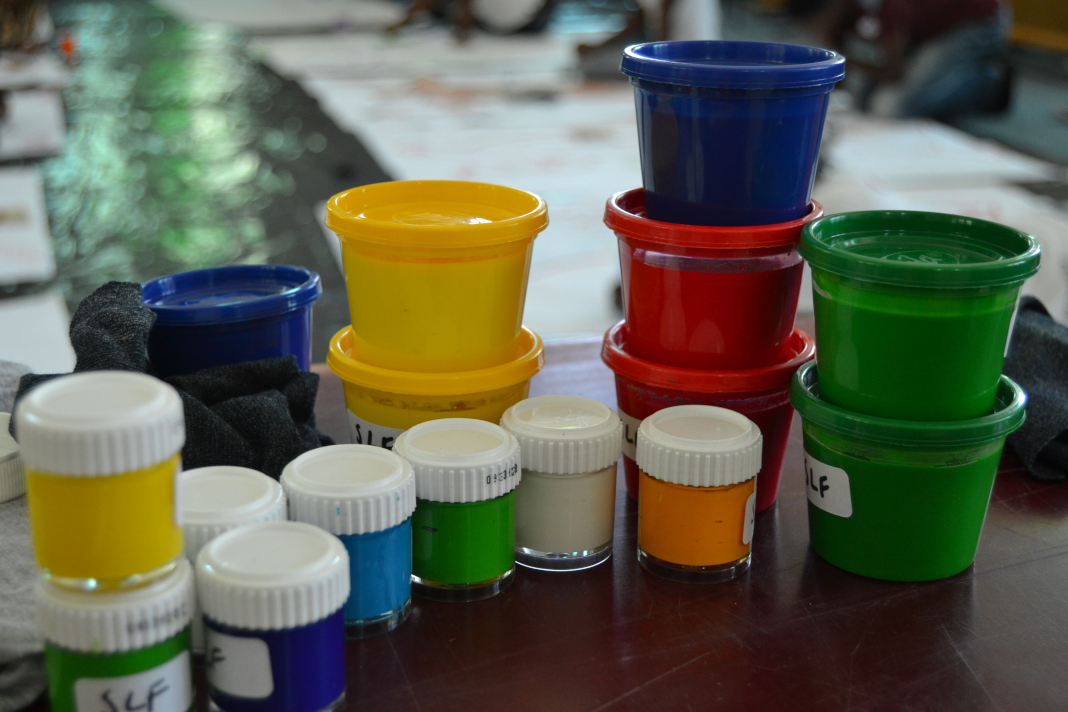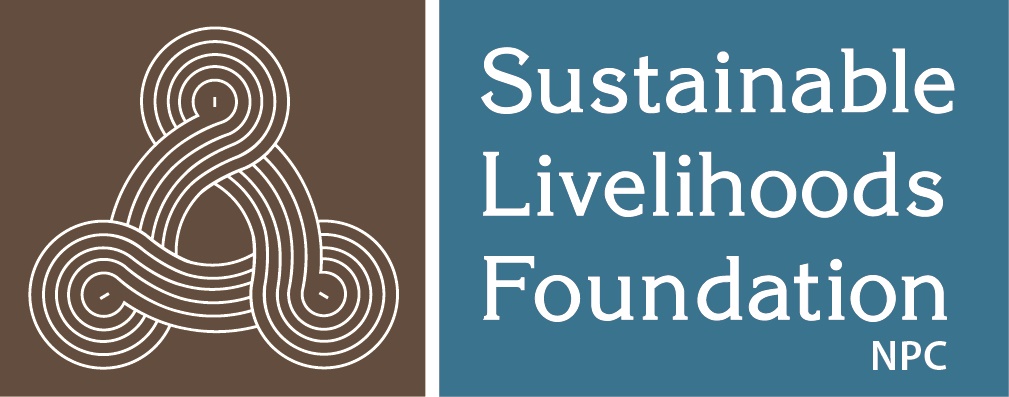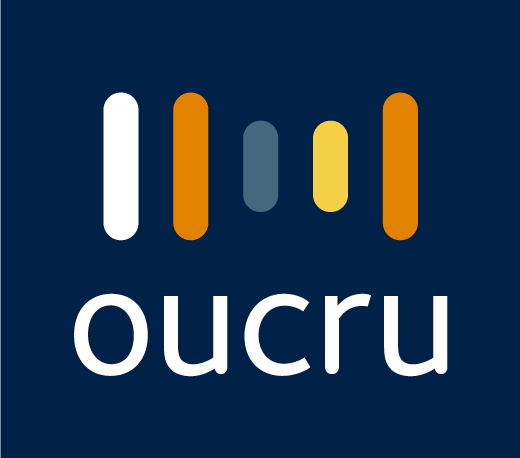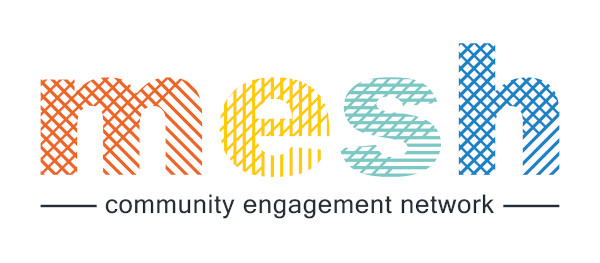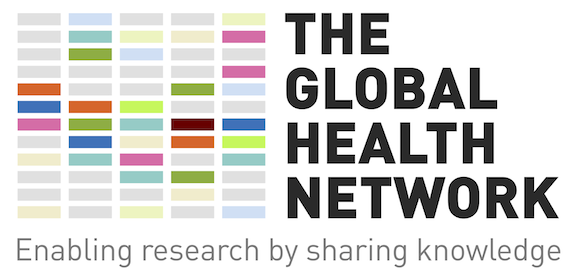About This Course
This course provides guidelines on the practice and ethics of participatory visual methods (PVM) with emphasis on their use in low and middle-income countries for community and public engagement in health and health science. It was produced as part of the Mesh Community Engagement Network learning and training resources.
The course has been developed for use by engagement practitioners who are relatively new to the field of PVM and want to learn more about what they are and how to work with them. It is most fitting for those who already have some experience in facilitating participatory processes or in using qualitative research methods. The course also aims to support health science researchers who wish to include visual methods when engaging local communities and wider publics in their work.
The course does not explore the theory behind PVM or provide an in-depth review of the literature. For each method that is described the pioneering work in the field is cited, along with other suggested reading, should you wish to learn more.
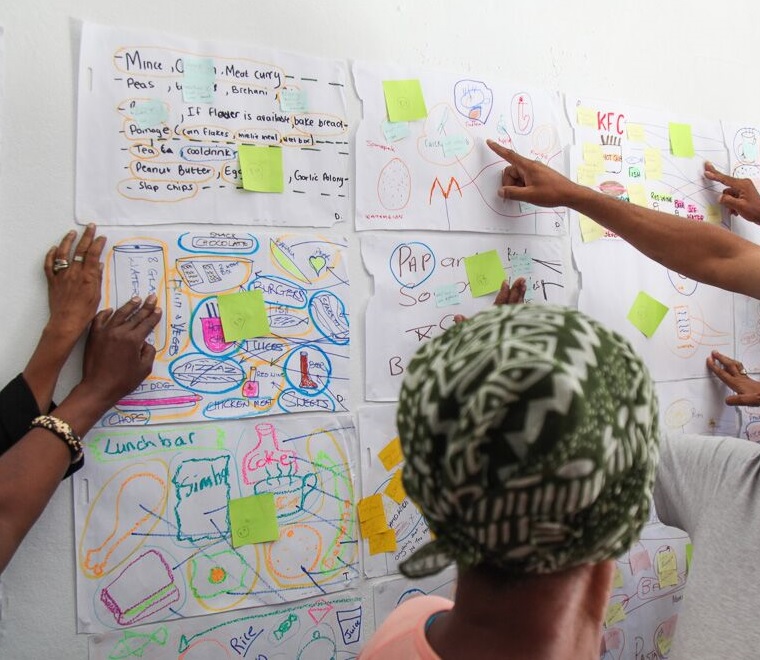
Collective discussion of food maps during
a participatory visual methods workshop.
The Heart of the Matter, SLF, 2016.
Structure and Duration
The estimated time commitment for this course is 6-8 hours. Progress is automatically saved for each module, so the course does not have to be completed in one attempt.
The course is divided into 4 major sections
1. General Guidelines gives general, practical and ethical tips for selecting and facilitating PVM processes (Modules 1 and 2).
2. Product Dissemination suggests ways to share PVM outputs with different audiences (Module 3).
3. Methods gives examples of some of the most well-known visual methodologies and suggestions about how to facilitate them (Modules 4-7).
4. Ethics Case Studies is a collection of case studies drawn from the global south. They describe some of the complexities that the authors have experienced when facilitating PVM processes, explain how they navigated those challenges and discuss what they learned from doing so (Module 8).
The course has been designed for you to complete all the modules in order. We recommend that each quiz is taken after completing the associated module. The Ethics Case Studies (Module 8) will provide the most learning value after the associated Methods modules have been taken.

Researchers use photos of their work and research environment
to compare with school children's drawings of their perceptions
of a scientists' job, and elicit discussions. Photo credit: OUCRU PE.
Certification
The quiz for each module has been created to test your knowledge of the course material and to gain certification to demonstrate that you have successfully completed the entire course. We recommend that each quiz is taken directly after completing its associated module. A certificate will be issued on successful completion of all eight quizzes (minimum 80%); each quiz needs to be passed in order, before being allowed to proceed to the next one.
Note: It is not compulsory to take the quizzes; this is only if certification is desired, and course modules can be accessed independently.
Course Contents
Your feedback is greatly appreciated; please take a couple of minutes to tell us your thoughts on this course:
Course published: November 2019
About the Authors
Further eLearning Courses on Community Engagement
Essential Elements of Ethics: This e-Learning resource has been adapted from the Multi-Regional Clinical Trials Center at Harvard University (Harvard MRCT) Ethics Tool Kit. This course includes an introductory module on Community Engagement, which can be found here: Essential Element 7: Community Engagement
Research Ethics Online Training: This course is adapted from an e-Learning course and resource package designed and produced by the World Health Organization (WHO) for use by internal staff. This course includes a module on Engaging with Communities: Module 7: Engaging with Communities
Pots of poster paint used for decorating body maps. Bucket Loads of Health, SLF, 2016.
